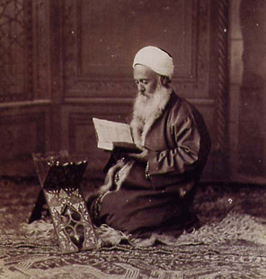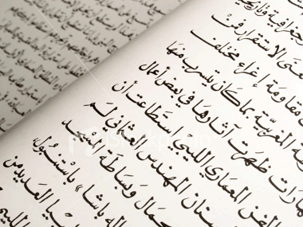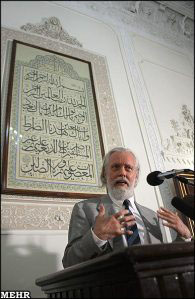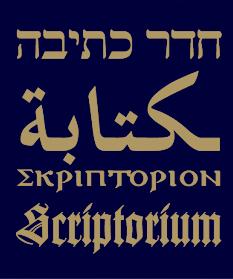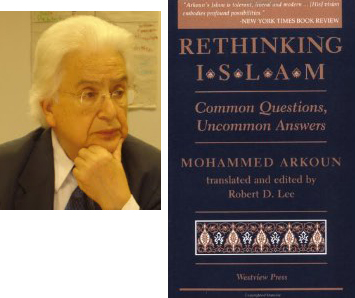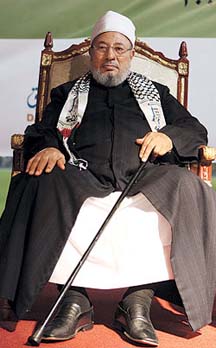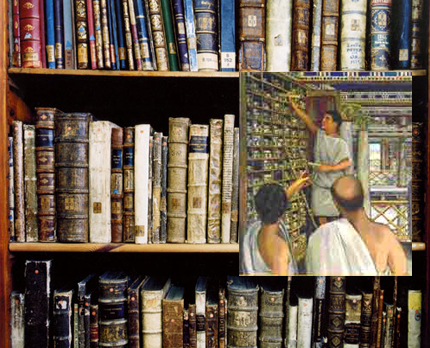
I recently received an interesting email, not the usual spam from the widow of the last military dictator of Nigeria seeking a bank account to deposit here husband’s stolen millions, nor an enlargement claim for a part of my anatomy. No, this was a special announcement from Gerlach Books in Berlin. As you read the announcement, you can imagine my surprise to be on this list with a mere professor’s salary.
Today we would like to draw your attention to the largest scholarly library we have offered as an entity ever.
*** Hans Daiber’s Scholarly Library on Islamic Thought & Philosophy – 12,500 items ***
Each item in this library is listed in the three volume Bibliography of Islamic Philosophy edited by Hans Daiber and published by Brill as part of HdO – Handbuch der Orientalistik.
Hans Daiber’s library includes all known publications in western and non-western languages from the 15th century to the present. The total number of items is approximately 12,500 primary and secondary sources.
Today the library itself is put up for sale.
The total price of the library is 775,000.00 EUR (seven hundred and seventy five thousand Euros) plus shipping.
Apart from the hubris (“all known publications… from the 15th century to the present”), I can only imagine the size in shittim wood cubits of this Noachian bibliographic ark. Continue reading One for the record books
